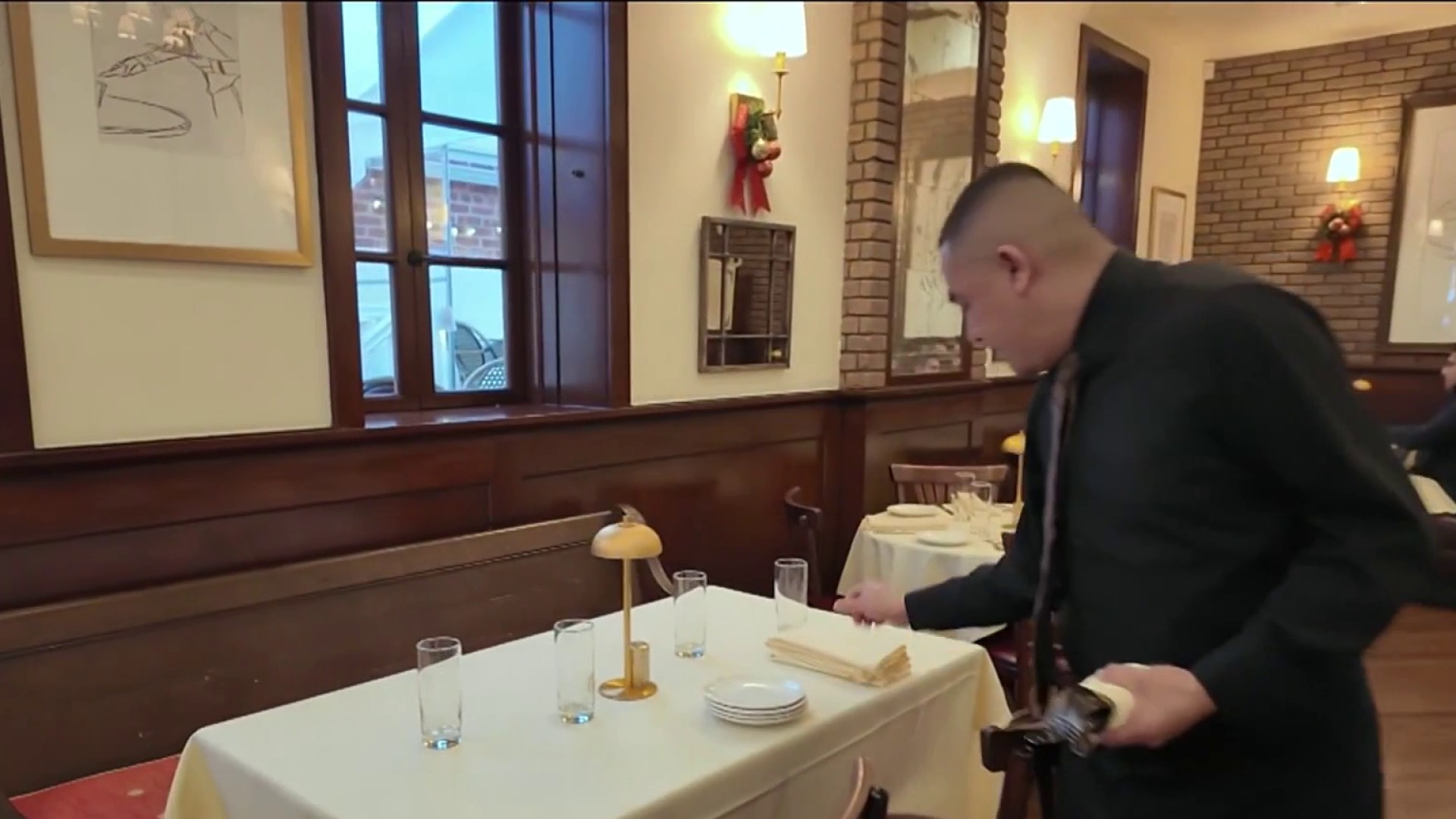
The Reservation Revolution: How New Legislation is Changing the Dining Game
In the bustling world of fine dining, securing a reservation at a coveted restaurant has always been a challenge. The laws of supply and demand dictate that popular spots are often fully booked, leaving food enthusiasts frustrated. As Scarsdale foodie Mark Hauser points out, “the Manhattan hotspots now that you really want to get a reservation – like Atomix – it’s really hard unless you know somebody.” But it’s not just foodies facing this dilemma; a new player has entered the scene—bots. In this blog post, we’ll explore the evolving landscape of restaurant reservations, the impact of technology, and the recent legislative changes aimed at leveling the playing field.
## Chapter 1: The Reservation Challenge
The struggle for a table at a popular restaurant has become increasingly competitive. Over the past two years, many restaurants have reported a significant increase in no-shows, with numbers soaring from the usual 5-10% to alarming rates of 20-25%. Amy Zhou, the managing director of operations at Gracious Hospitality Management, which oversees establishments like COTE Korean Steakhouse, has witnessed this trend firsthand. “Bad actors would program bots that had the ability to understand when my reservations systems were going to release every single reservation online and they would take every single one of them,” Zhou explains.
This surge in automated reservation-taking not only frustrates diners but also poses a serious threat to the restaurant industry. Mario Fava, owner of Moscato in Scarsdale, emphasizes the financial strain: “Especially having a small restaurant, if you don’t fill a table, that hurts the bottom line at the end of the day.”
## Chapter 2: The Impact of No-Shows
The ramifications of increased no-shows extend beyond just the empty tables. Restaurants like COTE, which offers around 400 reservations nightly, face significant operational challenges. Zhou highlights, “All of a sudden, one hundred covers don’t show up, that’s— on any given night— three servers, a bartender, three server assistants. Food runners. That’s up to ten to twelve staff who are not making the income they were expecting to make for an evening. It’s really damaging.” This ripple effect can lead to diminished morale among staff and a decline in service quality, ultimately affecting the dining experience for patrons.
## Chapter 3: Legislative Solutions
In response to this ongoing crisis, a new state law in New York has been introduced to combat the predatory practices of unauthorized third-party reservation services. Governor Kathy Hochul stated, “We’re putting an end to the predatory black market for restaurant reservations — protecting consumers and businesses, and giving everyone a chance to get a seat at the dinner table.” This legislation aims to ensure that diners have a fair chance at securing reservations without the interference of automated systems.
Andrew Rigie, executive director of the NYC Hospitality Alliance, is optimistic about the impact of this measure. “At least government can go after them, issue penalties and mitigate the impact,” he asserts. Importantly, this legislation targets unauthorized third-party companies, differentiating them from legitimate platforms like OpenTable and Resy, which maintain certified relationships with restaurants.
## Chapter 4: The Human Touch
While technology has transformed the way we dine, it’s clear that the human element remains essential in the reservation process. Regular diner Mike Wallace from Southport, CT, shares his secret to success: “I think if you’re persistent, it helps.” His experience underscores the importance of patience and resilience in securing a spot at popular eateries.
As the industry adapts to these changes, diners may find that the new legislation gives them a better shot at getting a reservation, allowing them to enjoy their favorite culinary experiences without the interference of bots.
## Conclusion: A New Era for Dining
The landscape of restaurant reservations is shifting, and with it comes hope for a more equitable dining experience. As New York’s new legislation takes effect, it aims to protect both consumers and businesses from the pitfalls of automated reservation systems. The future may hold a more balanced approach, where persistence and a personal touch can once again shine through in the quest for a table at the hottest spots. Whether you’re a dedicated foodie or a casual diner, the changes ahead promise to make dining out a more enjoyable and accessible experience for all.













